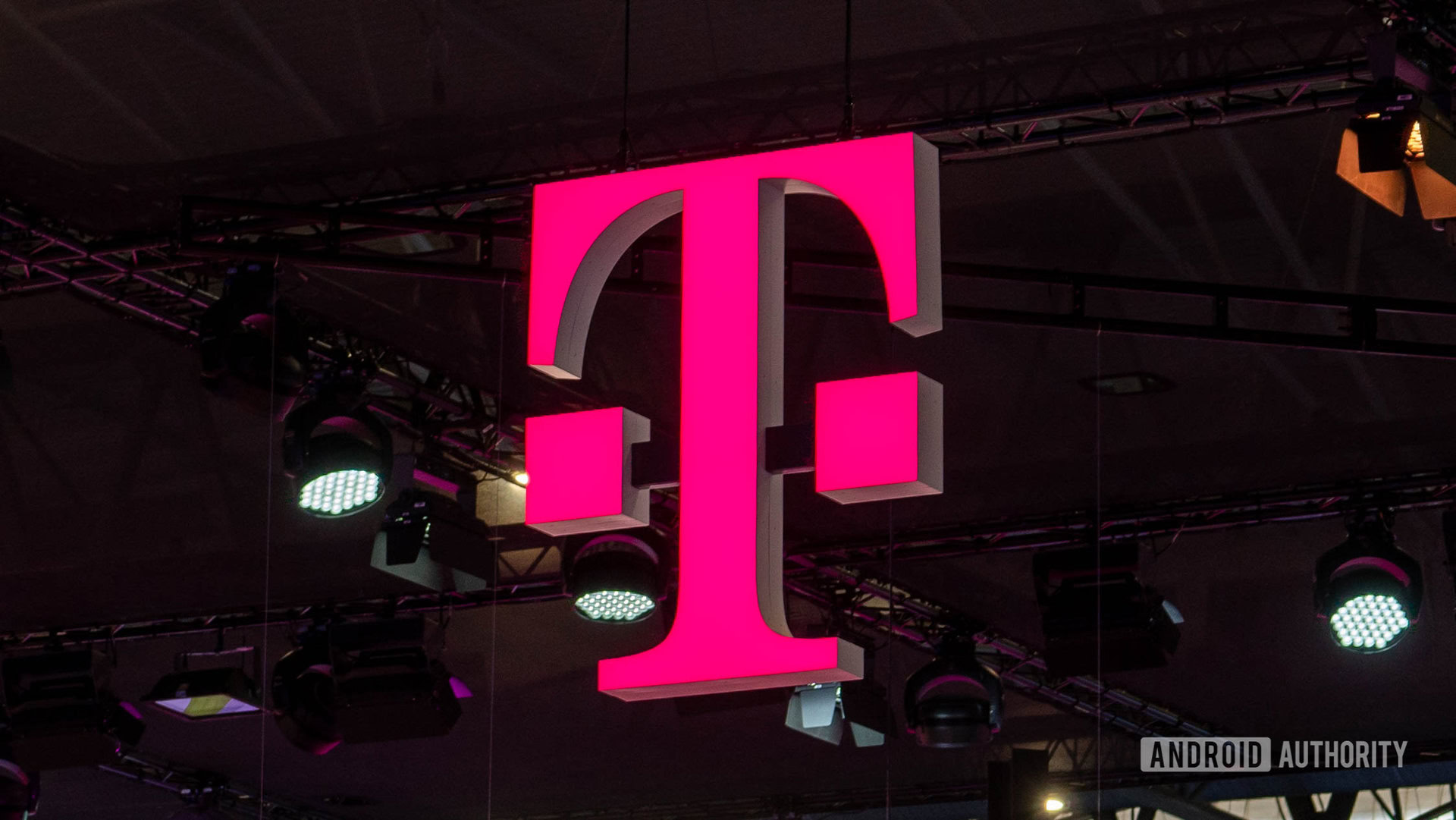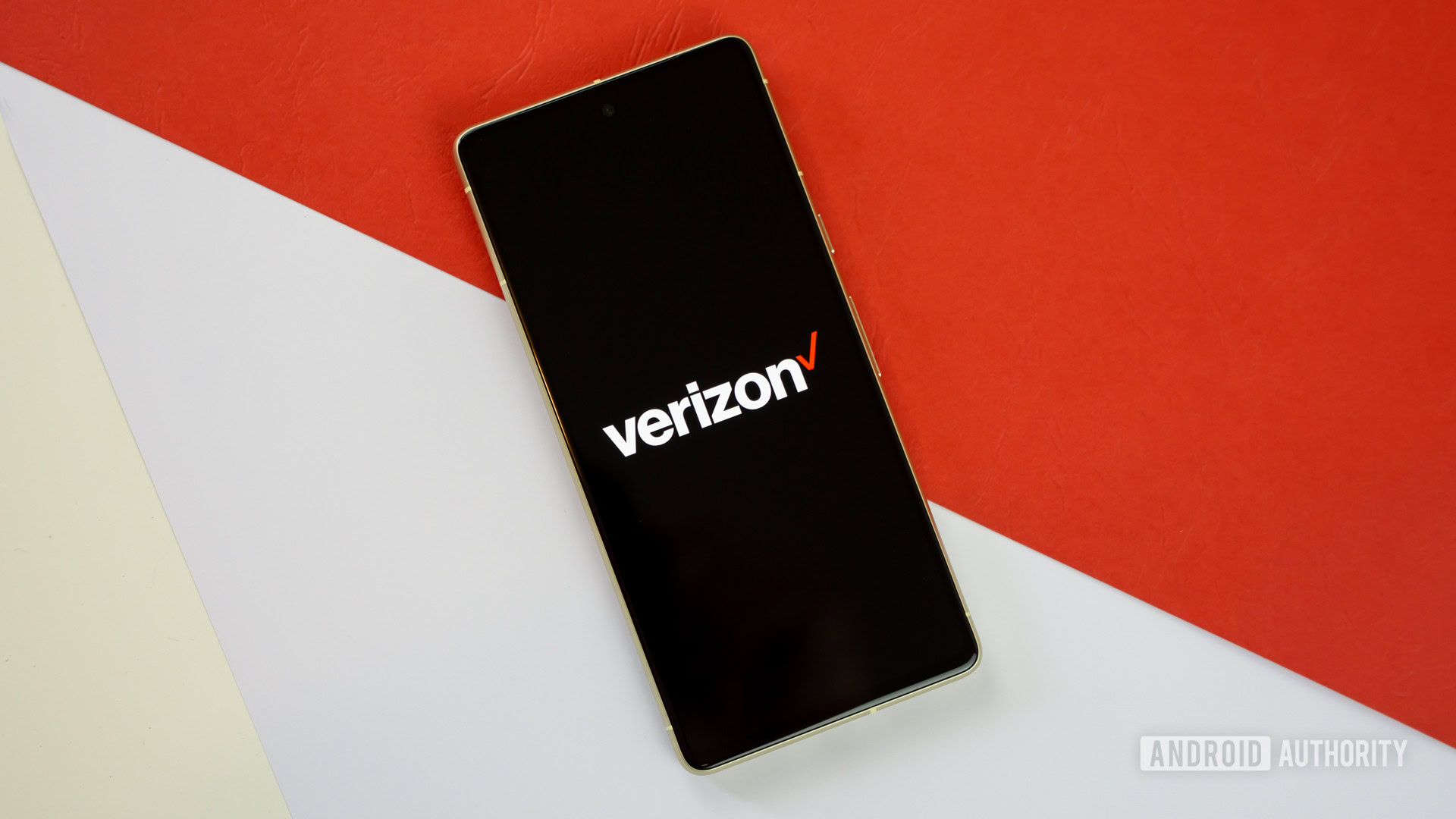Affiliate links on Android Authority may earn us a commission. Learn more.
Best 5g home internet providers: is it worth making the switch to 5G internet?

Although 5G is often associated with smartphones, the actual scope of the technology goes way beyond this, potentially affecting VR, AR, IoT, and even home internet access. 5G home internet providers are still pretty uncommon. We’ve seen two of the big three US carriers jump into the ring. There’s one independent player and a smaller carrier as well. In this guide, we take you through the best 5G home internet plans to help you decide if 5G internet is the right move.
What is 5g home internet and should you consider it?
As you likely surmised from the name, 5G home internet relies on 5G wireless network technology. It stands for the 5th generation and is the successor to the existing 4G LTE standard. It offers faster speed, lower latency, and greatly increased bandwidth capabilities. If interested, we have a deeper guide where you can learn more about the differences between LTE and 5G.
5G home internet requires a simple receiver that connects to a wireless 5G network. There are no wired connections involved at the site beyond the router and the receiver. That is in contrast to traditional cable, fiber, or DSL internet options. This makes it easier to hook up and move around. Unfortunately, at least in its current capacity, 5G internet tends to have a pretty low range making it more common in cities and other areas with higher population counts.
Ultimately 5G internet is capable of similar speeds and performance to some of the traditional wired internet plans out there. Just be aware consistency and availability will remain its biggest weakness for now. Still, it’s a no-hassle way to get online, and there are some significant discounts if you’re already a subscriber to Verizon, US Cellular, or T-Mobile.
If you were hoping it would give you an option for rural or remote access, you’re much better off looking into Starlink — a satellite service that performs similarly but is available to more remote regions.
Best 5G home internet plans
Right now, there are just three notable 5G fixed wireless carriers in the United States: T-Mobile, Verizon, and Starry. The first two are the most wide-reaching of the services, but for now, 5G home internet is mostly limited to larger cities. Here’s a quick breakdown of pricing, speed, latency, and other key details:
| T-Mobile Home Internet 5G | Verizon Home Internet 5G | Starry 5G | US Cellular | |
|---|---|---|---|---|
Cost | T-Mobile Home Internet 5G $30 for Go5G/Magenta subscribers $50 for non-subscribers | Verizon Home Internet 5G $25-$35 for phone subscribers $50-$70 for non-subscribers | Starry 5G $50-$80 | US Cellular $50 (requires US Cellular phone plan) |
Speed | T-Mobile Home Internet 5G 72-245Mbps | Verizon Home Internet 5G 85-300Mbps | Starry 5G Plus: 200Mbps Pro: 500Mbps Gigabit: 1Gbps | US Cellular 80-300Mbps |
Data cap | T-Mobile Home Internet 5G None | Verizon Home Internet 5G None | Starry 5G None | US Cellular None |
Latency | T-Mobile Home Internet 5G 24-40ms | Verizon Home Internet 5G 10-35ms | Starry 5G 15 - 40ms | US Cellular 15 - 40ms |
T-Mobile 5G Home Internet

T-Mobile 5G Home Internet will cost just $30 for subscribers to a Go5G or Magenta plan, or $50 for those that don’t have T-Mobile phone service. That’s pretty similar to Verizon’s pricing, though it’s a bit cheaper than the more expensive Verizon plan. Of course, Verizon includes some freebies and perks, but T-Mobile doesn’t.
Let’s talk about speed. T-Mobile’s own terms indicate, “During congestion, Home Internet customers may notice speeds lower than other customers due to data prioritization.” That means your home ISP will be prioritized behind T-Mobile phone service, which is not ideal for those who need consistently great speeds for working from home or other use cases like gaming. If you wonder how fast T-Mobile 5G home internet is the answer will definitely depend, but T-Mobile claims you’ll typically get around 72-245Mbps.
Again, it will depend on how congested the 5G network is. Based on my own research (which consisted of hitting up Reddit as well as asking the one buddy I know that has it), it’s more likely you’ll see speeds in the 40-180Mbps range, especially during peaks.
If there are cheaper traditional ISPs and you don’t mind the extra setup, you might likely find a better deal. Still, if you are a T-Mobile subscriber, that’s a cheap way to get internet service, especially if you qualify for the US government’s Affordable Connectivity Program, which can get you $30 off your bill if you qualify for its low-income guidelines.
Verizon 5G Home Internet

Despite Big Red’s typical MO of being the most expensive, Verizon 5G Home Internet is actually pretty affordable. You’ll pay just $25 for the basic plan or $35 for the Home Plus option. Of course, that’s only if you have a Verizon postpaid plan. Otherwise, it’ll set you back $50 and $70, respectively.
The biggest difference between the two plans is that the latter locks your price for three years versus two years for the base plan. It also gives you a few extra perks. This includes a $100 Verizon Gift Card and your choice of either a free VerizonStream TV Soundbar or $400 off the VerizonStream TV Soundbar Pro. Don’t want a soundbar? There’s also the option to get a $200 gift card from Home Depot. Those who sign up for the basic service will still get a $50 Verizon gift card. Both plans include a free Wi-Fi 6 router.
While Verizon doesn’t specifically mention faster speeds for Plus, odds are it prioritizes these customers over the base plan. So how fast is Verizon 5g home internet? Speeds are expected to be in the 85-300Mbps range, depending on traffic. From my anecdotal research, Verizon comes much closer than T-Mobile to actually sticking to these speeds, with 100-250Mbps speeds typical.
If you care about speed, Verizon is the better deal and much more comparable to wired internet options than T-Mobile.
Starry
Starry is an independent fixed wireless carrier that uses its own mmWave 5G technology and offers a variety of plans ranging from $50 to $80. The biggest downside is it has the most limited availability: Boston, Denver, Los Angeles, New York City, Washington, D.C., and Columbus, Ohio. Depending on where you live in those cities, you may not qualify for the fastest plans, but you should still see speeds similar to T-Mobile and Verizon’s 5G options.
Starry’s Plus plan claims you’ll see speeds around the 200Mbps range for downloads versus 500Mbps for the Pro plan. The most limited availability will be found with the Gigabit plan, but if you qualify for it, you’ll get up to 1Gbps for just $80. Based on my research, consistency will really depend on the time of the day. Typically you’ll see at least 75-100Mbps speeds even in peaks, but your mileage will vary depending on the city you live in and the plan you pick.
US Cellular

Like Starry, US Cellular is going to have pretty limited availability. The carrier is mostly known for servicing the Midwest and select rural pockets across the country. The good news is that if you have US Cellular service, it might actually work with 5G even if you live outside city limits. You’ll want to check their availability map for more details.
Pricing for US Cellular is actually pretty high compared to the others, at $50 with a US Cellular phone plan required. It promises speeds of around 80-300Mbps. For those that live outside city limits and have limited wired options, this could be right for you if you live in a covered part of the Midwest.
FAQ
While speeds will vary, most 5G fixed wireless networks offer max speeds in the 245-300Mbps range and lows during peaks should rarely get worse than the 50Mbps range.
Yes, though it really depends on your definition of good. It’s currently available in limited locations, but speeds are typically better or similar to cable internet. In most cases, you’ll find that wired ISPs offer more consistent speeds, though not necessarily higher. Verizon’s 5G Home Internet most favorably compares to cable Internet, while Starry’s Gigabit plan is able to somewhat compete with fiber.
Yes, absolutely! Its mmWave network is the fastest right now and if it’s available you’ll find it can easily compete with many wired ISPs. Fiber will still trounce it, however.
There are dozens of cities, including Houston, Atlanta, Chicago, Dallas, Denver, Memphis, Omaha, St Louis, San Jose, San Fransico and many others. For a full list, check out Verizon.